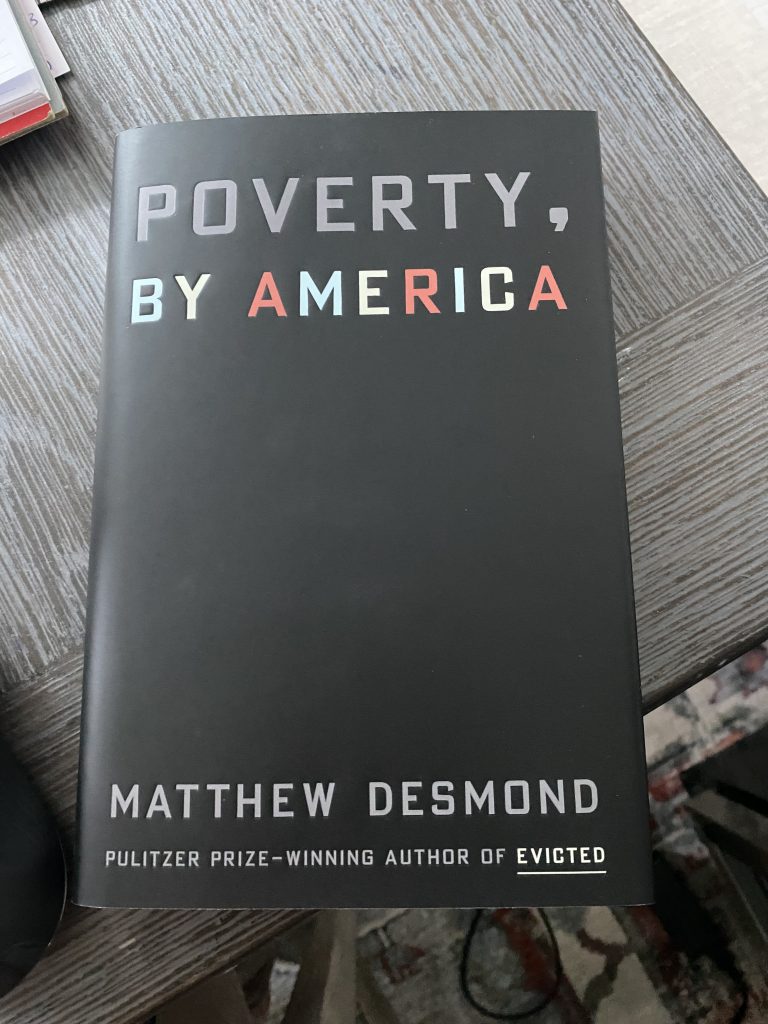Hello hello,
Happy almost summer time! Is there anything better? We are so excited to take a break from the grueling school routine and enjoy some YMCA camps and extended travel.
I am so ecstatic that Brene Brown is back to putting out podcasts, and we HAVE to talk about her series about “life beyond human scale” which is dedicated to exploring all sides of AI. The premise of the title is that we are currently living well beyond the bounds of how we’ve historically operated as humans. We have 24/7 access to all the suffering of the world, and we’re not wired to process it. Add in the fact that artificial intelligence is here to transform our lives on the scale of the steam engine or electricity. All companies and all individuals are scrambling to learn as much as possible in order to navigate this immense uncertainty. While I obviously encourage you to listen to all 6 episodes in Brene’s series, there are a few key takeaway’s I’d highlight:
- This AI advancement didn’t happen overnight! It feels that way to many of us, but governments, institutions, and academic institutions have been working on these concepts for centuries (yes, centuries!). Check out this Dare to Lead episode with Amy Webb:
https://brenebrown.com/podcast/whats-coming-and-whats-here/
After listening, I promptly ordered The Big Nine and can confirm Chapter 1 about the history of AI is enlightening. We all think about AI in terms of the technology (the code, computing power, hardware, etc), but it really starts with exploring the concept of what it means to think as a human. It’s phenomenal. Amy also outlines that “Super Cycle” we are in now, and we are all part of Gen T (generation transition) – it’s exciting and terrifying!
- AI will most definitely NOT solve unconscious bias without pointed action by humans. AI is only a tool – it’s only as powerful as the ways that we humans decide to use it. Not to mention that the 100+ years of data that it’s drawing on are rife with our existing biases! This is why Brene’s conversation with S. Craig Watkins is a must listen!
- Lastly, I cannot neglect one of my most favorite cross-overs with Esther Perel and Brene Brown. They talk about AI as Artificial Intimacy:
https://brenebrown.com/podcast/new-ai-artificial-intimacy/
I can’t even begin to explain how strongly this conversation resonated with me! I never underestimate the value of human connection in my own life. I LIVE to connect with people whether that means going to an event, having people over for a meal, or hanging at our neighborhood park. There is a palpable vibration of human interaction that I regularly seek out. I’m grateful for the virtual way to connect now, but nothing will ever replace meeting friends at the bar to unload a week’s worth of gossip/emotion/frustration. It’s how I’m wired to exist in this world. How do we maintain this level of intimacy in the digital world?
Talk soon,
Jessica
#powertoprivilege #courageousconversations


